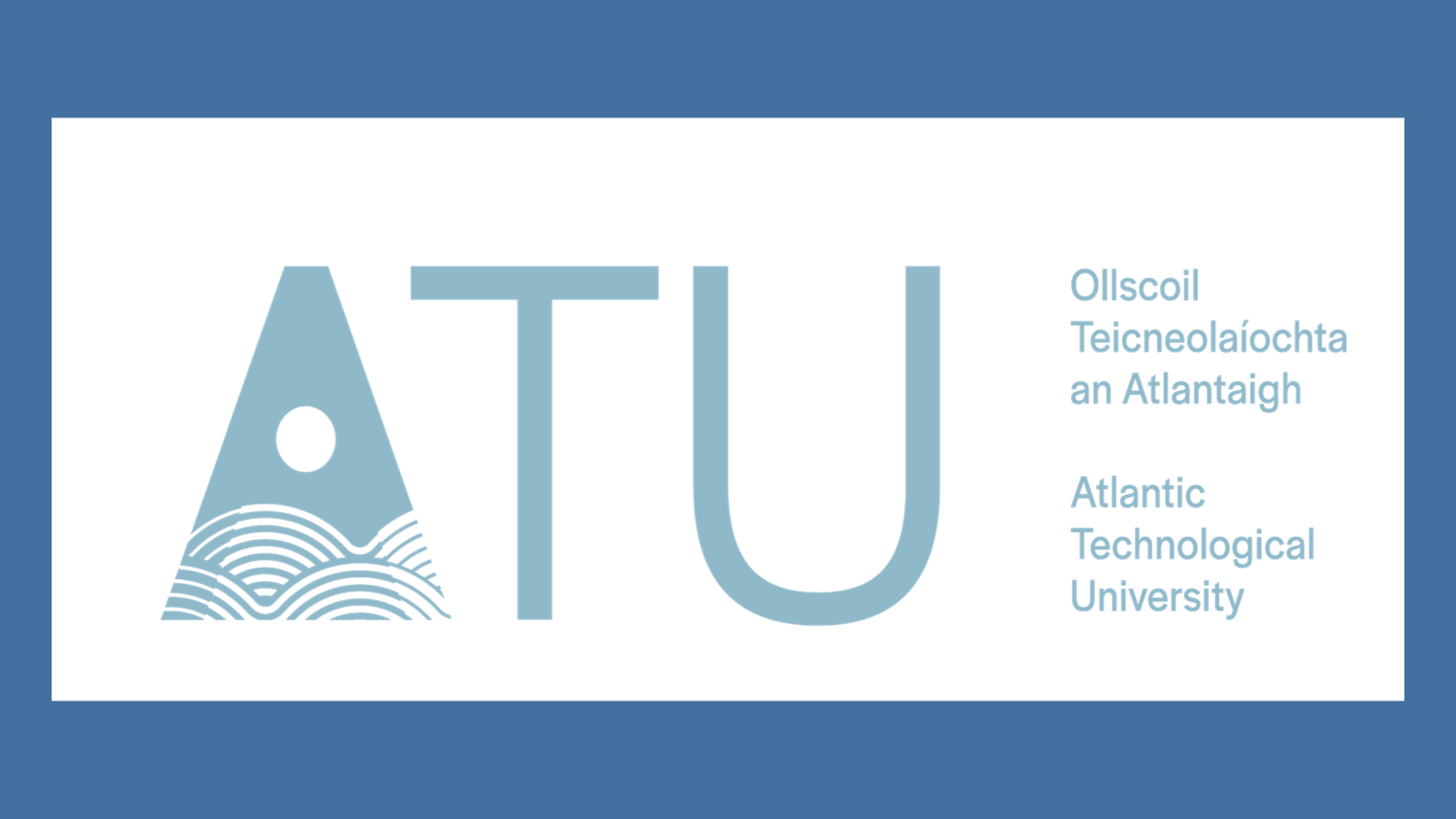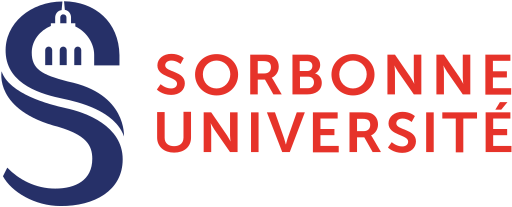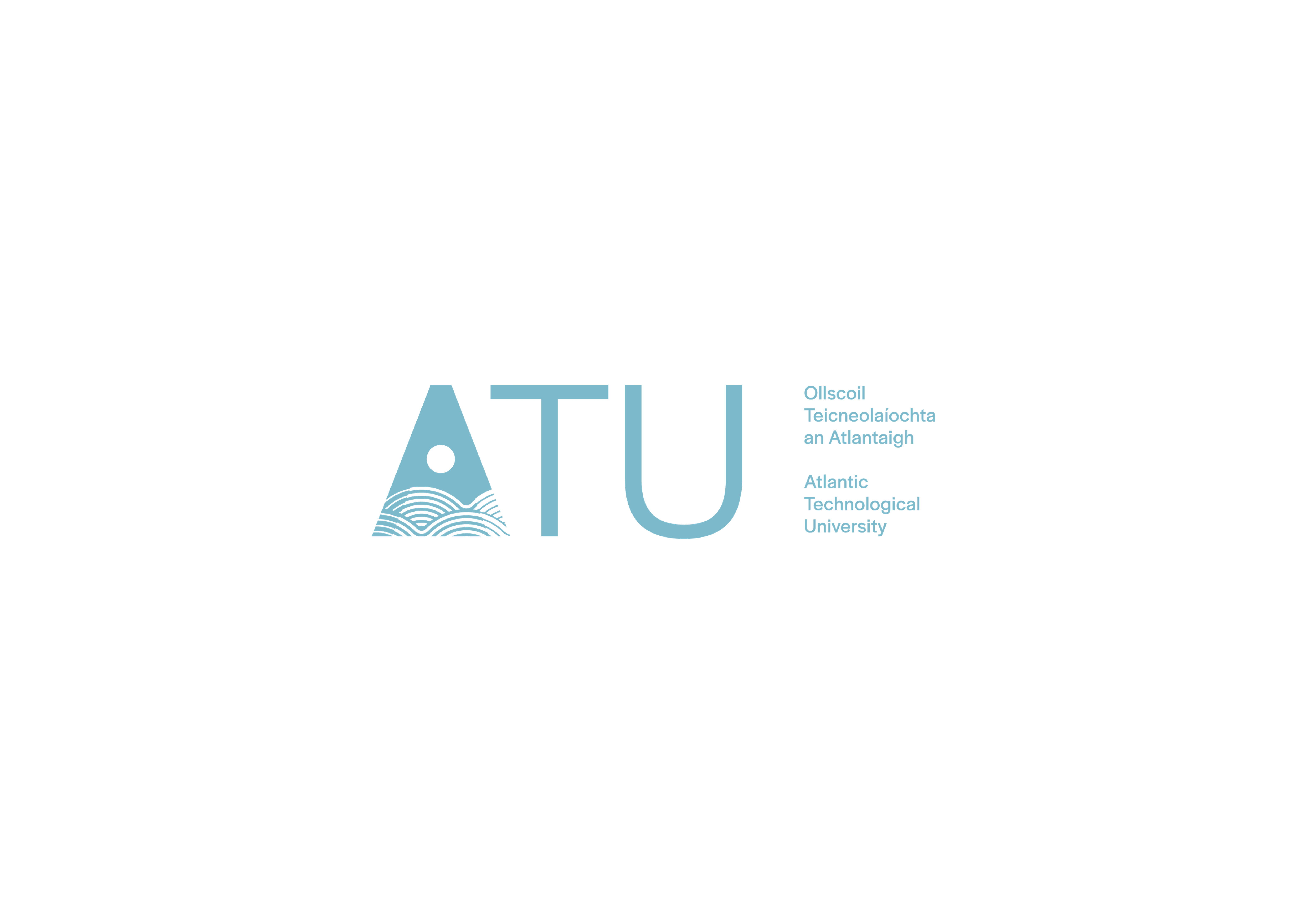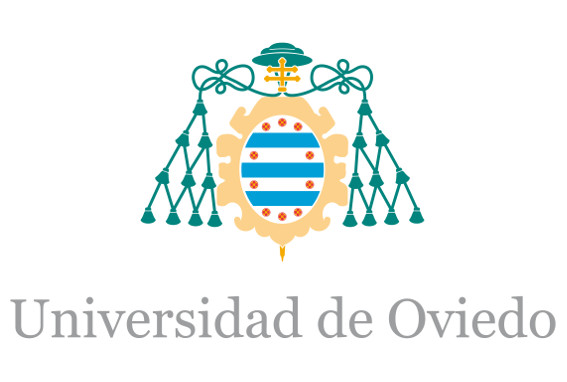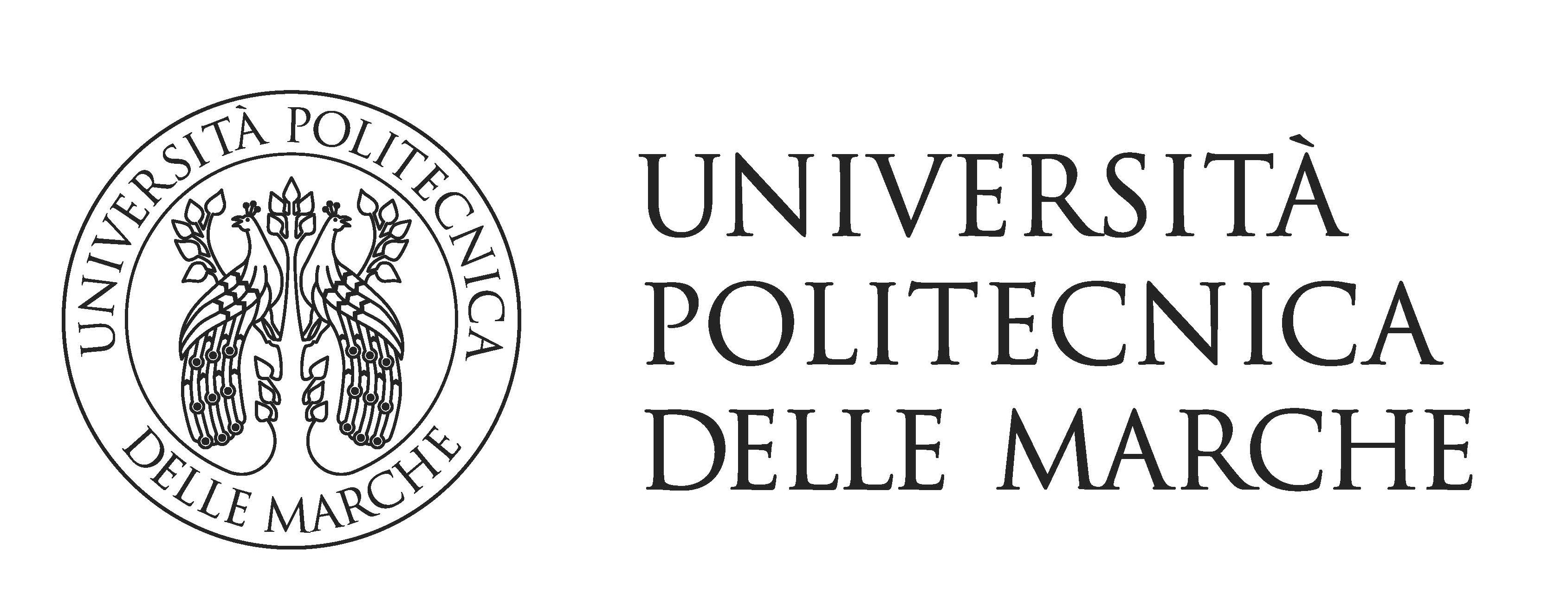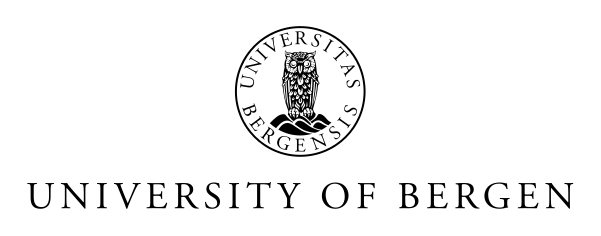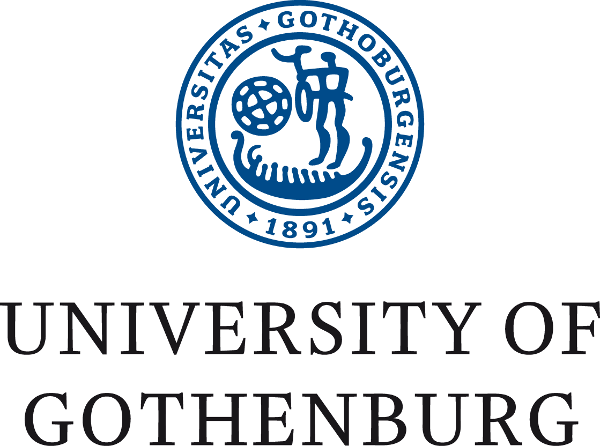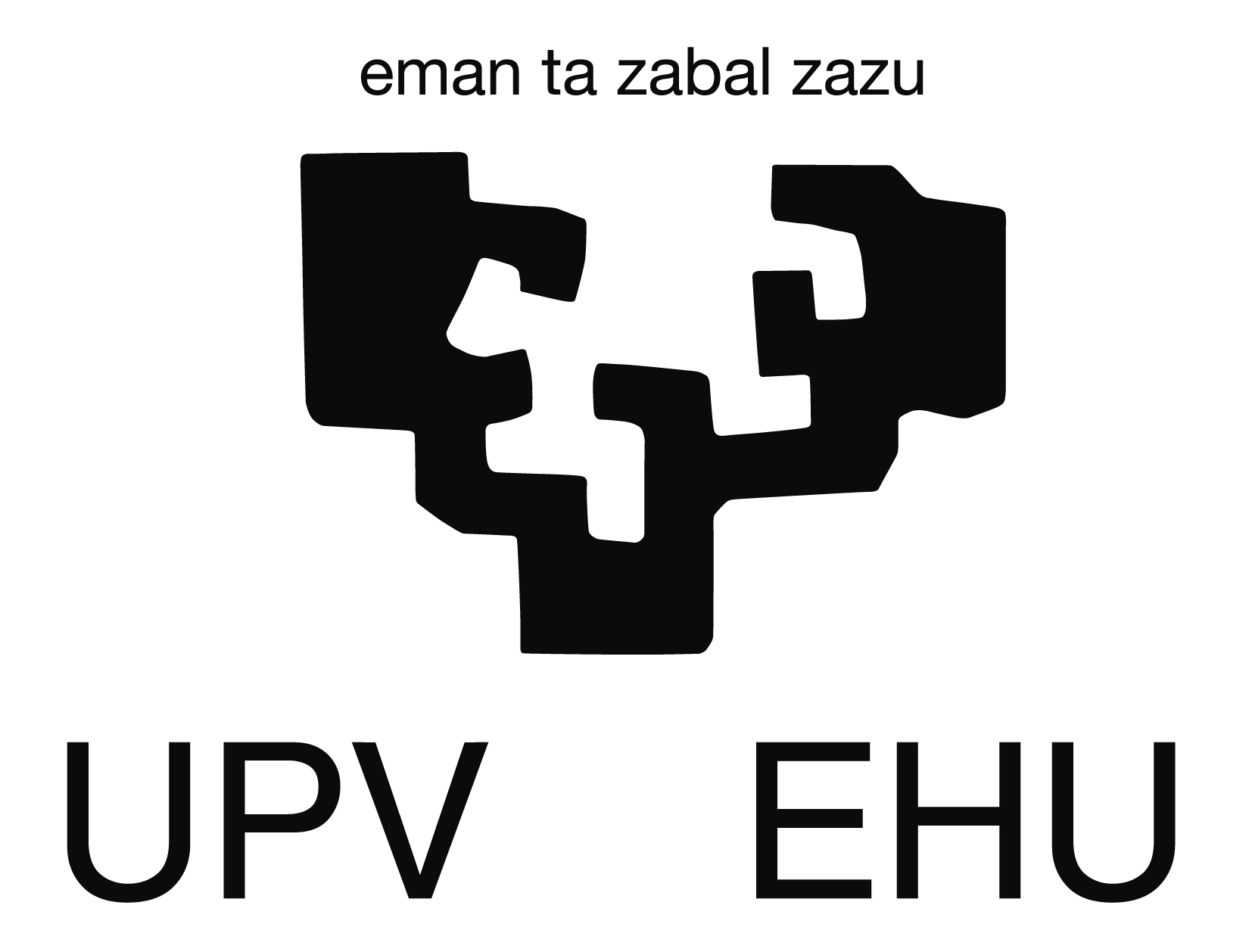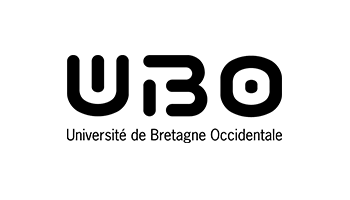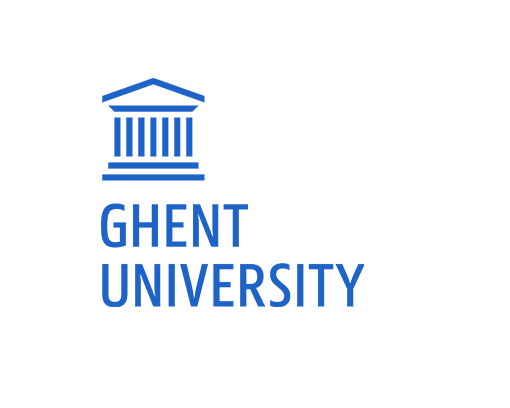‘Since 1961 the annual global growth in fish consumption has been twice as high as population growth, demonstrating that the fisheries and aquaculture sector is crucial in meeting FAO’s goal of a world without hunger and malnutrition’ José Graziano da Silva, FAO Director-General (http://www.fao.org/state-of-fisheries-aquaculture).
The EU's fishing industry is the fourth largest in the world, providing some 6.4 million tonnes of fish each year and employment to more than 350,000 people. Marine resources must, therefore, be used in a responsible way if we want to maintain the fragile balance of marine ecosystems and in turn protect and develop sea-related human activities.
In response to a request by DG Mare, the ‘Science Advice for Policy by European Academies’ committee published the SAPEA Evidence Review Report ‘Food from the Oceans’ in November 2017 in which they called for responsible mariculture and wild capture fisheries for harvesting food from the ocean as part of a broader food policy framework at EU and global levels. This requires an integrated approach to innovation in operational, planning and policy frameworks for fisheries and mariculture and will require continued investment in human capital through education in programs such as IMBRSea (https://ec.europa.eu/jrc/en/research-topic/fisheries-and-aquaculture).

